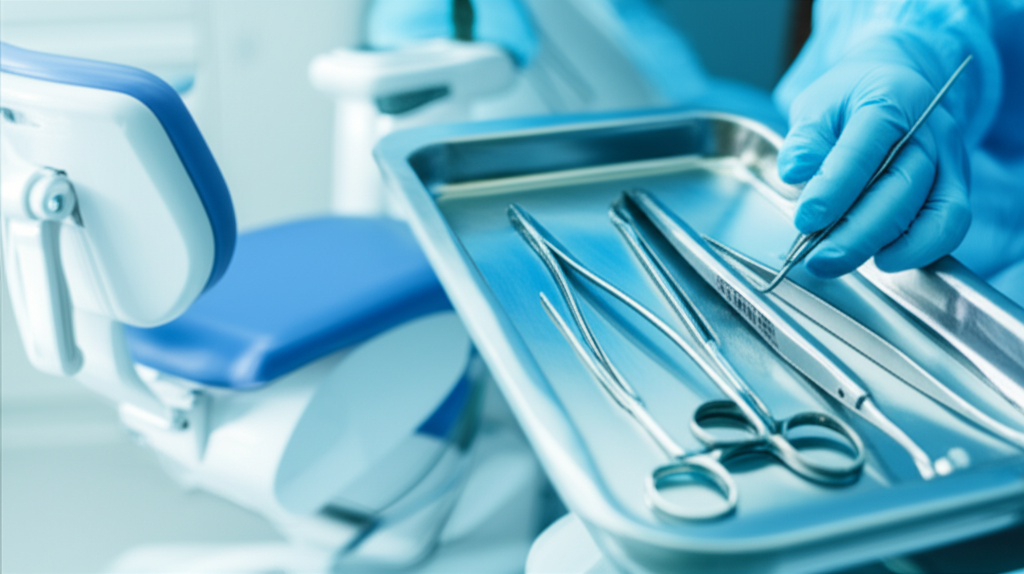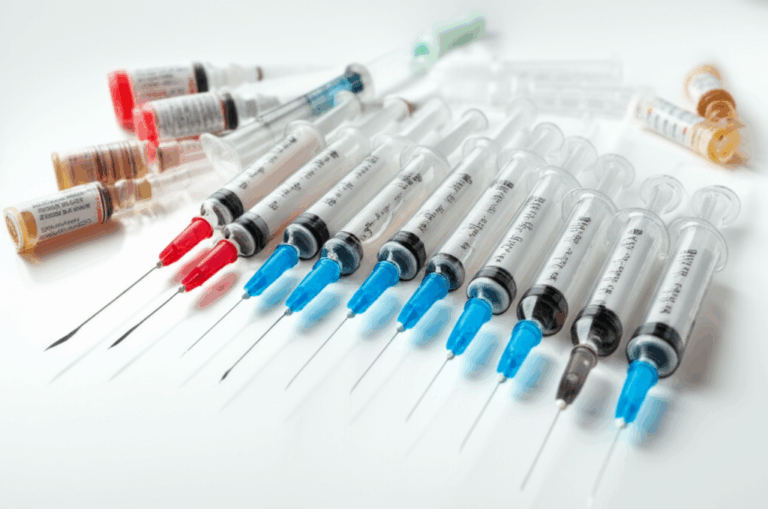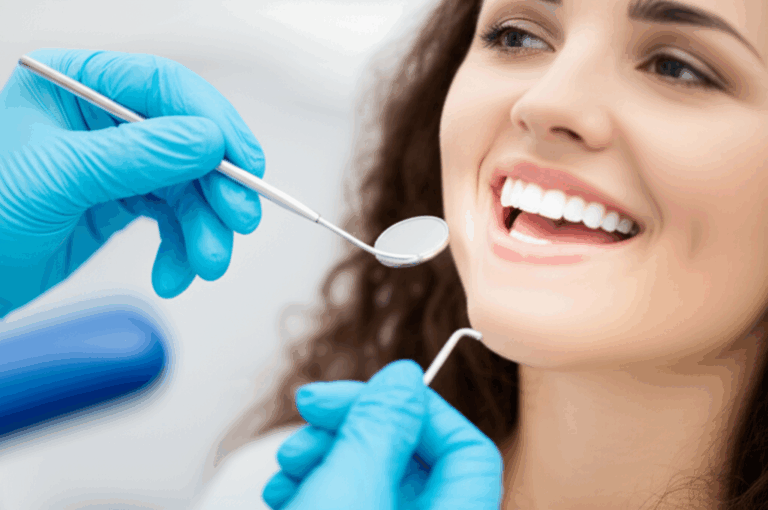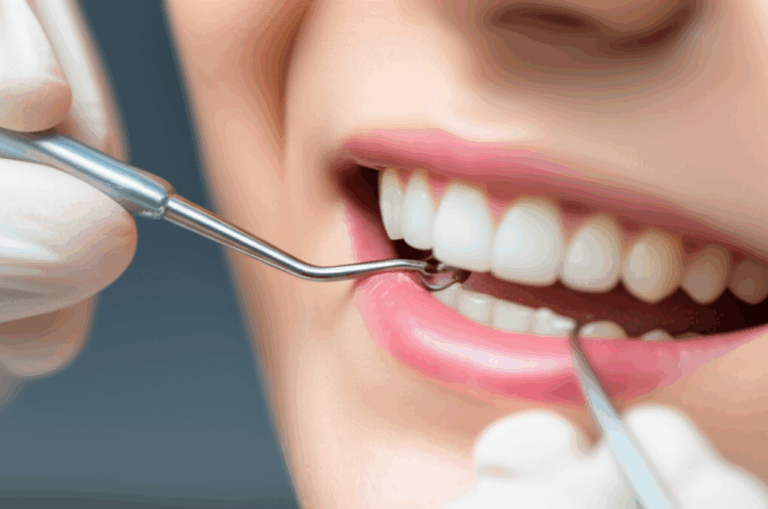
Can a Dentist Become a Plastic Surgeon? Your Complete Guide to an Unusual Career Path
Ever thought about if a dentist can switch from filling teeth to doing face lifts with a scalpel? It sounds crazy, but it can be done! This article tells you every step—school, tests, training, and even the hard parts. Whether you’re a dental student hoping for something more, a dentist wanting a new challenge, or just curious, you’ll find all the simple answers and honest tips here.
Table of Contents
Why Would a Dentist Want to Change Careers?
Have you ever gotten tired at work—even when you picked your dream job? I know someone who did. She started as a dentist, loved making teeth look good. But after a while, she wanted more. She wanted to help people hurt in accidents, fix cleft lips, and do surgeries that can change lives—not just fix cavities.
Lots of dentists get interested in bigger surgeries or want to work outside the mouth and jaw. Maybe you want a new challenge, or you feel your real dream is helping people look or feel better in bigger ways. Maybe you want more money or to learn something new.
Problem: Dentistry can feel too small for people who want more adventure.
Agitate: Doing the same simple jobs every day can make anyone bored, especially if you love tough surgeries.
Solution: Changing to plastic surgery lets you help all kinds of people, in all age groups, with different problems.
Is It Really Possible for a Dentist to Become a Plastic Surgeon?
Let’s not pretend: Yes, a dentist can become a plastic surgeon. But—and this is a big “but”—it’s not quick or easy. You’ll pretty much be starting over, and it will take a lot of years.
The two jobs are very different. Dentists are doctors for the mouth, face, and jaw (DDS/DMD). Plastic surgeons are doctors for the whole body (MD/DO), and do everything from fixing faces to making people look better. If you want to jump right over, that’s not possible.
But if you really want this, there is a way. It will test your patience, your money, and your toughness.
DDS vs. MD: What’s the Big Difference?
When you look at it, both dentists and doctors help people, wear a white coat, and know a lot about the body. But deep down, their school is pretty different.
Table: Dental School vs. Medical School
| Dental School | Medical School |
|---|---|
| 4 years after college | 4 years after college |
| Learn about: Teeth, mouth, jaw, and some face surgery | Learn about: Whole body—heart, lungs, skin, brain, surgery, and medicine |
| DDS or DMD degree | MD or DO degree |
| Training mostly about dental problems | Training in lots of departments (ER, surgery, medicine, kids, etc) |
Dentists really know teeth, mouth health, fixing teeth, implants, and surgery in the mouth and jaw. They are good at handling dental emergencies and simple face problems.
Medical doctors go through a lot of places in the hospital, learning to handle every part of the body before choosing a focus like surgery or kids’ medicine.
If you already have a dental degree, you’ll still need to finish medical school to be a regular plastic surgeon in the USA.
What Does Medical School Expect from Dentists?
Say you’re a dentist and want to be a doctor. Your DDS or DMD means you know science and did clinic work. But medical schools still want you to show regular pre-med classes—college-level bio, chemistry (regular and organic), physics, and math. If your classes are old, you may need to do them again.
Then comes the MCAT, the test for getting into medical school. It’s tough, an all-day test that checks your science, how you think, and your reading skills. Dentists still have to take it, just like people coming from college.
Problem: Your dental degree doesn’t mean you get a free ride into medical school.
Agitate: You may need to review your science, study hard for the MCAT, and become a student again.
Solution: With hard work, time, and maybe some help from old science teachers, you can get through.
The Pathway: How Dentists Make the Switch
So what’s the plan, step by step? Here’s the easy version:
- Take any needed science classes.
- Get a good MCAT score.
- Get into a 4-year MD or DO program.
- Learn about all types of medicine—heart, skin, lungs, etc.
- Do training in surgery, ER, medicine, kids, and other departments.
- Take the USMLE (doctor tests).
- Integrated Residency: 6-8 years after med school; both general and plastic surgery in one.
- Independent Residency: 5 years of general surgery, then 3 years more in plastic surgery (so about 8 extra years).
- Pass tests from the American Board of Plastic Surgery.
Problem: This is many years of school, fighting for a spot, and lots of tests.
Agitate: Every part will feel like climbing a big mountain—for the second time!
Solution: Plan early, get good letters, and never give up.
How Long Does the Whole Journey Take?
Let’s quickly add it up:
- Dental School: 4 years
- Medical School: +4 years
- Residency (Integrated): +6-8 years (if you get a rare spot)
- Residency (Independent): 5 years surgery + 3 years plastic surgery = 8 years
Total: After being a dentist, you’ll spend at least another 10-12 years before you can work as a plastic surgeon. Add in studying for the MCAT, getting in, and maybe some waiting, and it can be longer.
A real example: Dr. Miller worked as a dentist for five years before switching. He did extra science classes, took the MCAT, did medical school, got a hard-to-get residency, and then finally became a plastic surgeon. It took him about 15 more years. He started his new job in his late 40s. That takes a lot of guts!
How Much Does This Career Change Cost?
Switching jobs isn’t just a lot of time; it costs a lot, too. Here’s a quick look:
| School / Residency | Average Cost |
|---|---|
| 4 years Dental School | $300,000+ |
| 4 years Medical School | $250,000+ |
| Residency | Small paycheck, but you work for years with low pay |
You’ll have to pay off loans for years. Also think about regular living expenses, extra test classes, and not earning dentist money while in school. The money adds up really fast.
Plus, you will miss out on making a dentist’s salary while you’re starting over.
Is It Really Worth It?
Here’s the hard truth: For most dentists, changing to plastic surgery doesn’t make sense with money or time.
Problem: The challenge is big—years of learning, huge debt, and tough chances.
Agitate: All this can hurt your money, family time, and health. Worst, there’s no promise you’ll get in.
Solution: If you want it more than anything, and starting late is fine by you, then yes, it can be worth it. If not, you can still learn new things and help people without starting over.
Are There Faster Surgical Careers for Dentists?
Yes! Want to keep helping people with surgery and hard problems? You can train as an Oral and Maxillofacial Surgeon (OMS).
OMS is a special field for dentists who love surgery—think of it as “super-dentist.” Some OMS programs let you earn a doctor (MD) degree while training for surgery, and this takes about 6 years after dental school, much faster than regular medical school plus plastic surgery.
What can OMS doctors do?
- Fix jaw breaks
- Remove face/mouth tumors
- Do implants, bone repair, and some beauty work (like chin or eyelid surgery, Botox, fillers)
- Treat sleep and jaw joint problems
Other dental fields—like gum or root specialist—also give some surgery skills, though not as much as OMS. And if you like making smiles prettier, you can get extra training to do fillers and smile makeovers as a dentist.
For example, using a digital dental lab can help you improve your skills in implants and beauty planning, making your office even better.
What Skills Do Dentists Bring to Plastic Surgery?
Dentists are already experts in face and jaw areas, tiny surgery, and knowing what looks good on a person’s face. These skills come in handy in plastic surgery, especially with face problems.
If you get into a plastic surgery training program, your steady hands and careful work will help you do well. Also, your past with mouth diseases, face trauma, and helping people look better (veneers, crowns, etc.) gives you a head start with hard cases.
If you like making smiles beautiful, a good dental ceramics lab can help you give top beauty treatments, so your patients see big changes at your office.
FAQ: More Answers for Curious Minds
Q: Can a dentist skip medical school and become a plastic surgeon right away?
A: No, you can’t start plastic surgery training with just a dental degree. You still have to do medical school.
Q: Is there a shortcut to plastic surgery for dentists?
A: Not really. The only faster surgery job is oral and maxillofacial surgery, but it’s focused on the mouth, jaws, and face.
Q: Can dentists do cosmetic work?
A: Yes! Many dentists do fillers and Botox for dental or beauty reasons. They also work with a china dental lab to make crowns, bridges, and veneers.
Q: Is it easier for an oral surgeon to become a plastic surgeon?
A: It’s a little easier if you have extra doctor (MD) training, but to do plastic surgery everywhere on the body, you still need regular medical school and plastic surgery training.
Q: How do I keep learning new surgery skills as a dentist?
A: You can take classes for fillers, implants, or advanced beauty work. Labs like a 3D printing dental lab also help with the newest dental techniques.
Key Points to Remember
- Yes, a dentist can become a plastic surgeon—but it’s a long, hard road.
- You must go to medical school, take the MCAT, and get into a tough residency.
- The whole time after dental school is 10-15 years or more, and the costs can be over $500,000.
- Oral and Maxillofacial Surgery (OMS) is a great choice for dentists wanting to do surgery, fix face injuries, and some beauty treatments.
- Dentists have good skills for all surgery jobs, like steady hands and knowing face anatomy.
- Dentists can do lots of beauty treatments (veneers, implants, fillers) without leaving dentistry, especially with help from a top crown and bridge lab.
- Changing careers takes guts, planning, and being ready to start over—and is only worth it if it’s really what you want.
References
- American Dental Association: DDS and DMD Pathways
- American Board of Plastic Surgery: Certification Process
- American Association of Oral and Maxillofacial Surgeons: OMS Training
- NRMP Match Data (2023)
Stop and think about what you really want. Both dentistry and plastic surgery are respected and skilled jobs. Only you know which journey fits your hopes and life!








